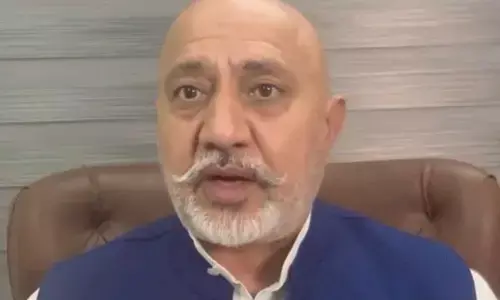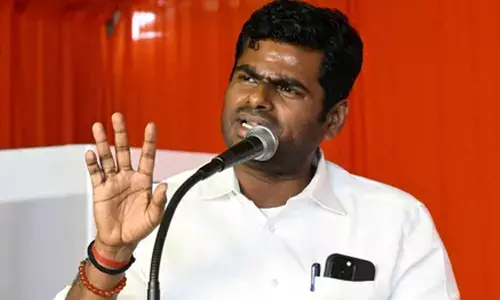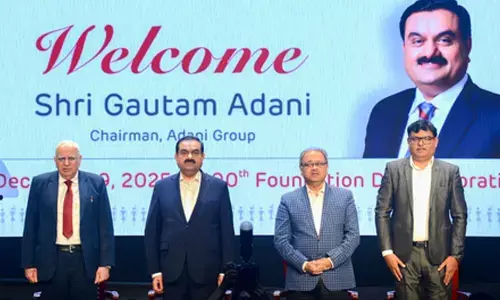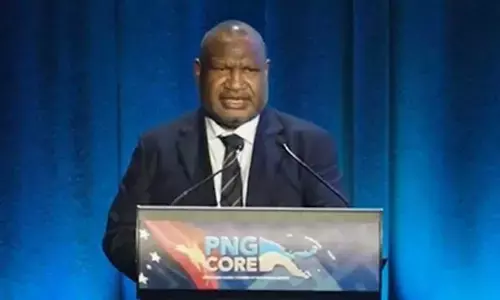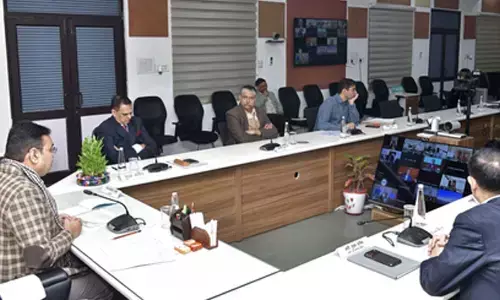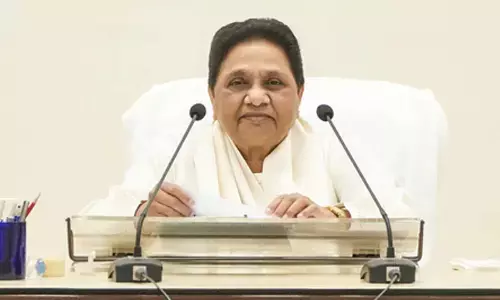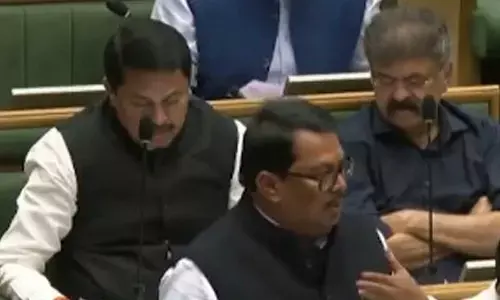Excise policy case: Delhi court grants interim bail to Hyd bizman Arun Pillai
Share :

A Delhi court on Monday granted two weeks interim bail to Hyderabad-based liquor businessman Arun Ramchandra Pillai, who is an accused in the now-scrapped Delhi excise policy case.
New Delhi: A Delhi court on Monday granted two weeks interim bail to Hyderabad-based liquor businessman Arun Ramchandra Pillai, who is an accused in the now-scrapped Delhi excise policy case.
Special Judge M.K. Nagpal, of the Rouse Avenue Courts, pronounced the order after having it reserved on December 15, when he had also extended the custody parole granted to Pillai till Monday.
Appearing for Pillai, advocate Nitesh Rana claimed that his client's wife has to undergo a surgical procedure.
Earlier, the court had asked the Enforcement Directorate (ED) to file the medical verification report on interim bail plea of Pillai.
On Pillai's interim bail plea seeking an eight-week release due to his wife's medical condition, the court had, on December 1, given time to the financial probe agency to file a reply.
Rana had submitted that his client's wife is extremely sick, and that she has no one to look after as she lives alone.
Pillai was arrested on March 6 and is currently in judicial custody.
Earlier, the ED had filed a reply before the Delhi High Court on Pillai's bail plea. It also filed a response on another petition terming his arrest as illegal, and violative of Section 19(1) of the Prevention of Money Laundering Act.
Citing the Supreme Court mandate of providing grounds of arrest as mandatory and of utmost importance, in the petition, Pillai had stated that no grounds for arrest, either oral or written, were ever provided to him, as is required under Section 19(1) of PMLA.
His plea further stated that none of the impugned remand orders record any satisfaction of whether the ED had materials on record to form "reasons to believe" that Pillai is guilty of an offence under the PMLA.
"It is pertinent to mention that the purported facts that have been asserted by the respondent agency (ED) in the remand application were asserted even in the first prosecution complaint filed," the plea read.
"The petitioner/applicant has appeared before the ED at least on nine occasions after the filing of first prosecution complaint and at least on three occasions after filing of the second prosecution complaint on which occasions the petitioner/applicant was never arrested by the respondent agency," it stated.







